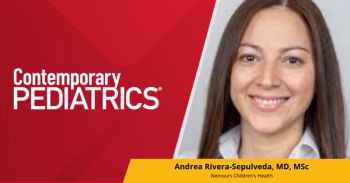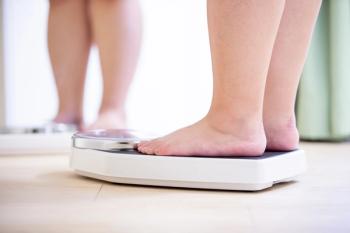
Help teens make 'Smart Decisions' about marijuana
In the article, Talking to Teens about Marijuana, Ms Nierengarten reported national statistics that reveal the number of teenagers who self report using marijuana: the statistics are STAGGERING!
In the article,
Ms Nierengarten discusses the presentation by Dr Schizer who recommends educating parents and teenagers about marijuana use and supports abstinence and advising teenagers to quit smoking marijuana. However, advising adolescents to abstain or quit smoking may not be an effective strategy for high-risk teenagers who are seen in lower socioeconomic clinics and school-based health centers by PNPs, as these adolescents are often resistant to ‘receiving advice.’ Teenagers tend to know more than adults, at least that is often the prevailing attitude!
How can PNPs help?
So, what can PNPs do to identify and develop treatment plans for teenagers who are using marijuana? First, PNPs can familiarize themselves with the various names adolescents use for marijuana and become astute at identifying teenagers who present showing psychological effects of marijuana and marijuana intoxication as presented in her article. School-based health centers are an ideal setting to engage teenagers in making ‘Smart Decisions’. Next, by working with small groups of teenaged students, the PNP can present real-life scenarios that focus on the problems related to marijuana and ask the adolescents to ‘think through’ the consequences and adverse outcomes that come from marijuana use and abuse. This strategy may impact responsible decision making by teenagers.
Another strategy is to begin before the problem emerges. Pediatric nurse practitioners can engage parents and their pre-teenaged children who present to offices, clinics, and school-based health centers through education and prevention strategies for drug and alcohol abuse. Sometimes parents are the ones who are resistant to allow healthcare providers to speak with their pre-teenagers about drug and alcohol issues-and parents are hesitant themselves to speak with their pre-teenagers. However, if PNPs provide support and evidence-based recommendations to parents of pre-teenagers, perhaps we can alter the course of drug and alcohol abuse in teenagers.
Newsletter
Access practical, evidence-based guidance to support better care for our youngest patients. Join our email list for the latest clinical updates.








